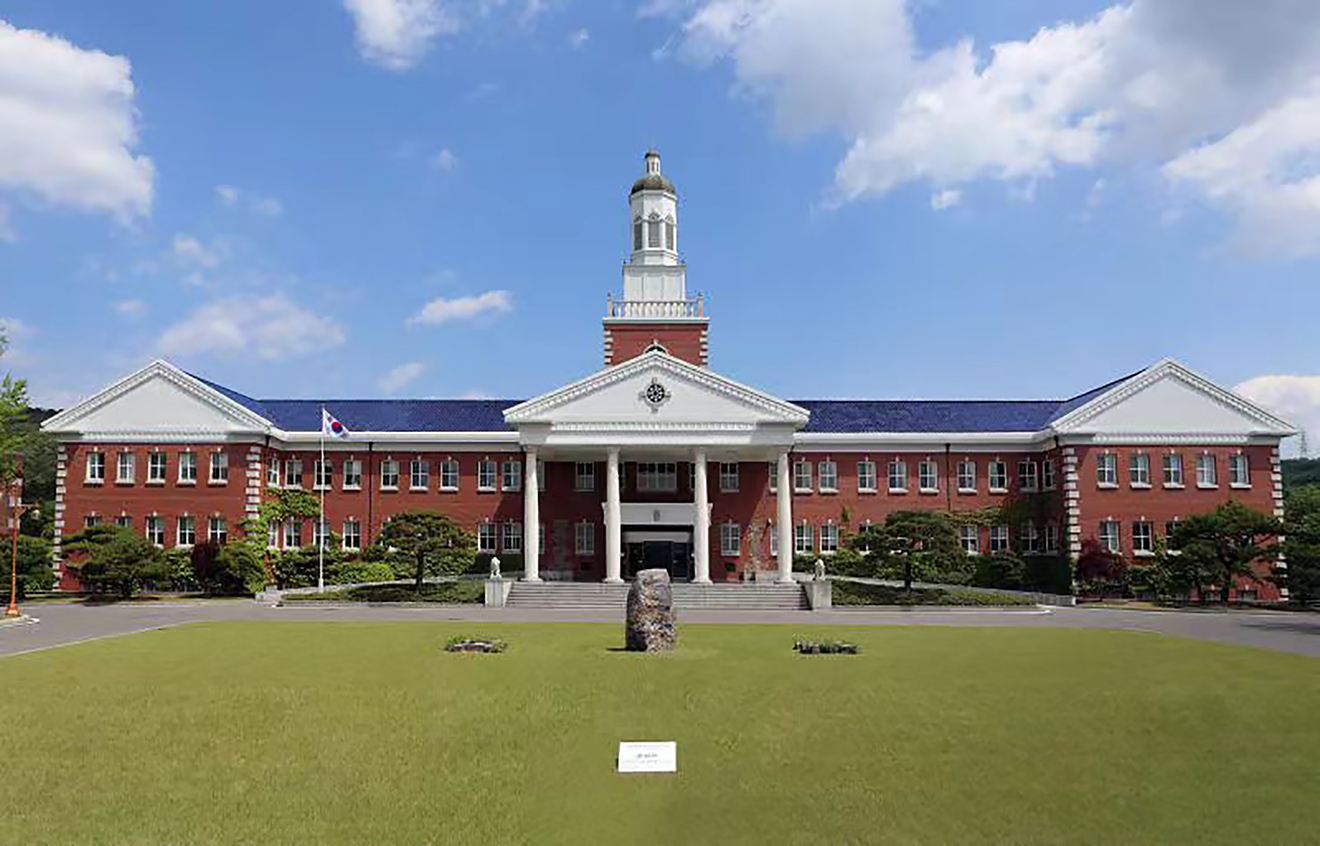
The Keimyung Institute for International Studies at Keimyung University (KIIS) was established in 1995 to promote systematic and extensive research on international and area studies. As a research and teaching institution, KIIS provides innovative research opportunities and education programs for faculty members and students of the Keimyung Community. These bring together researchers for major research initiatives and projects about world regions and international relationships. The KIIS organizes regional research clusters targeting five key regions, including China, Japan, the United States, Europe, and Latin America. The KIIS not only covers research on issues within one country, but also promotes comparative research between countries and between regions. Faculty members of the KIIS conduct interdisciplinary research that synthesizes and combine various academic perspectives such as politics, economics, sociology, history, and cultural anthropology on regions of the world.
The KIIS currently partners with a total of 20 institutions and conducts academic exchanges with institutions in Korea and various regions of the world including government agencies, academic societies, universities, and research institutes. Numerous academic conferences, symposiums, and Keimyung International Studies Forums are held to share research results in the field of international and area studies each year. The KIIS reaches out to the wider academic community through its journal, the Journal of International Studies, and publishes research series to help researchers share their findings.
There are continuous efforts on delivering educational programs for undergraduate students. The KIIS holds Brown Bag Seminars in which the lecturer and students freely discuss the world’s latest issues. Topics vary widely including globalization, international relationships, regional issues, and writing seminars on proposing a thesis on these topics. The KIIS also holds a student poster thesis contest about various issues in different countries for students to develop an interest and in-depth understanding of regional studies. The IssuePress is another educational program where students search and translate foreign articles that cover significant global issues and upload them on the KIIS’s IssuePress website. This not only allows students, but also the general public to have access to various world issues that mass media seldom addresses.
Finally, KIIS seeks to become a large umbrella by creating a network of researchers to share interests and conduct profound and creative research. Through this process, KIIS plans to further expand its research to regions such as Southeast Asia. In addition, KIIS aspires to be a place that serves as a key center in Korea for research and education in the field of international and area studies.
© 2021 Myungsoo Kim, published by De Gruyter, Berlin/Boston
This work is licensed under the Creative Commons Attribution 4.0 International License.
Articles in the same Issue
- Frontmatter
- Editorial Foreword
- From Comparative Studies to Intercultural Studies: How Could East Asian Cultural Interaction Studies Inform Us Today?
- Articles
- “A Style of Chinese Respect”: Lord Macartney’s Reply to the Imperial Edicts of Emperor Qianlong in 1793
- Between Sinology and Japanology: Léon de Rosny and Oriental Studies in France
- Book Reviews
- Yokoyama Shinichiro: The Hakuen Shoin and the Meiji Restoration—Policy-makers and Industrialists
- Stephen R. Platt: Imperial Twilight: The Opium War and the End of China’s Last Golden Age
- Joseph A. Adler: The Original Meaning of the Yijing: Commentary on the Scripture of Change
- Introduction of Major Institutions
- The School of History and the Institute for Global History, Beijing Foreign Studies University
- The Keimyung Institute for International Studies
Articles in the same Issue
- Frontmatter
- Editorial Foreword
- From Comparative Studies to Intercultural Studies: How Could East Asian Cultural Interaction Studies Inform Us Today?
- Articles
- “A Style of Chinese Respect”: Lord Macartney’s Reply to the Imperial Edicts of Emperor Qianlong in 1793
- Between Sinology and Japanology: Léon de Rosny and Oriental Studies in France
- Book Reviews
- Yokoyama Shinichiro: The Hakuen Shoin and the Meiji Restoration—Policy-makers and Industrialists
- Stephen R. Platt: Imperial Twilight: The Opium War and the End of China’s Last Golden Age
- Joseph A. Adler: The Original Meaning of the Yijing: Commentary on the Scripture of Change
- Introduction of Major Institutions
- The School of History and the Institute for Global History, Beijing Foreign Studies University
- The Keimyung Institute for International Studies

